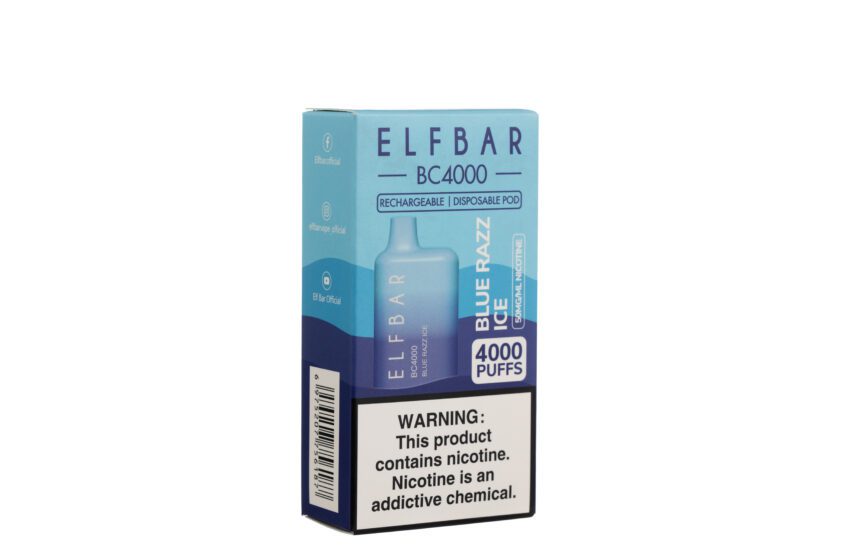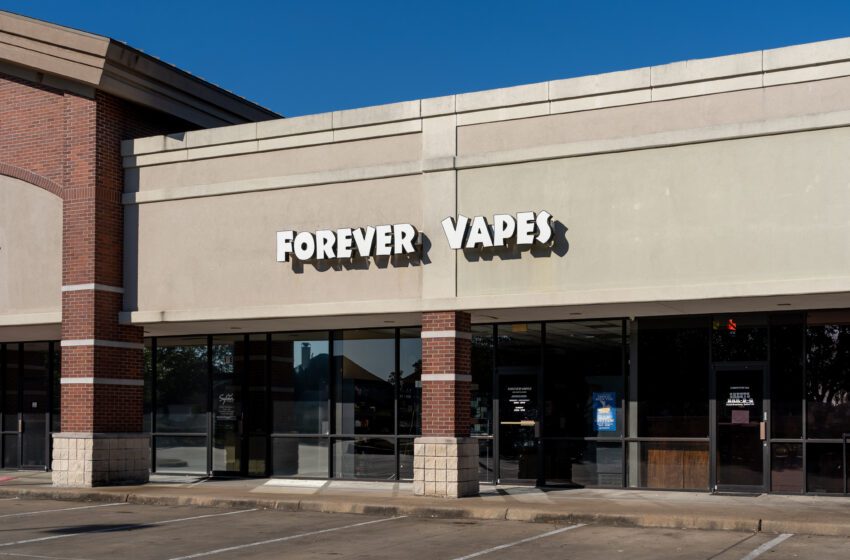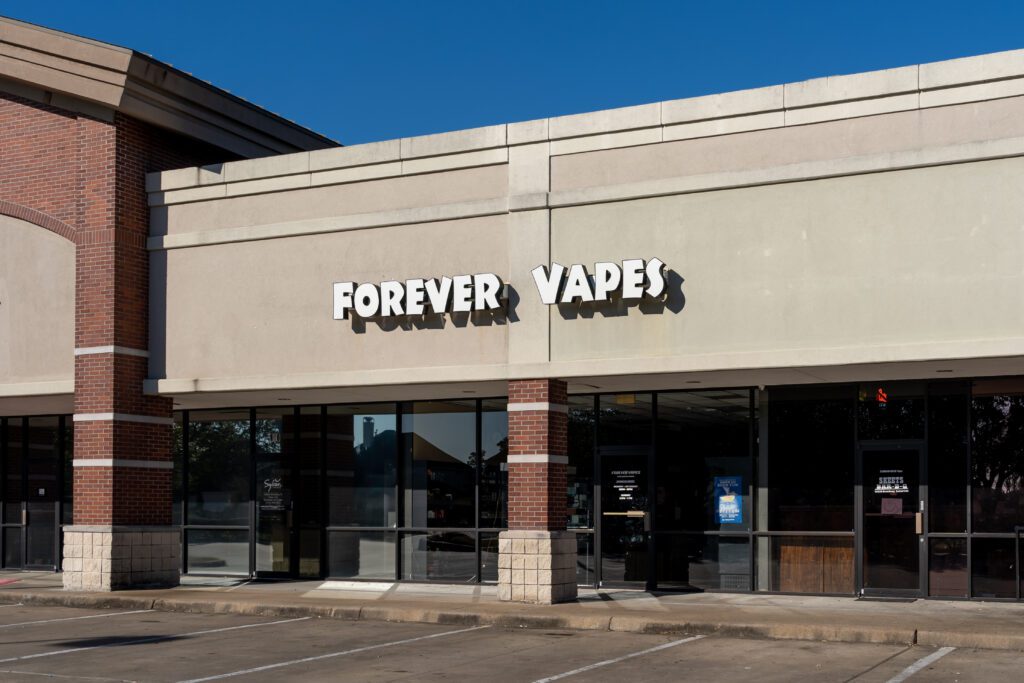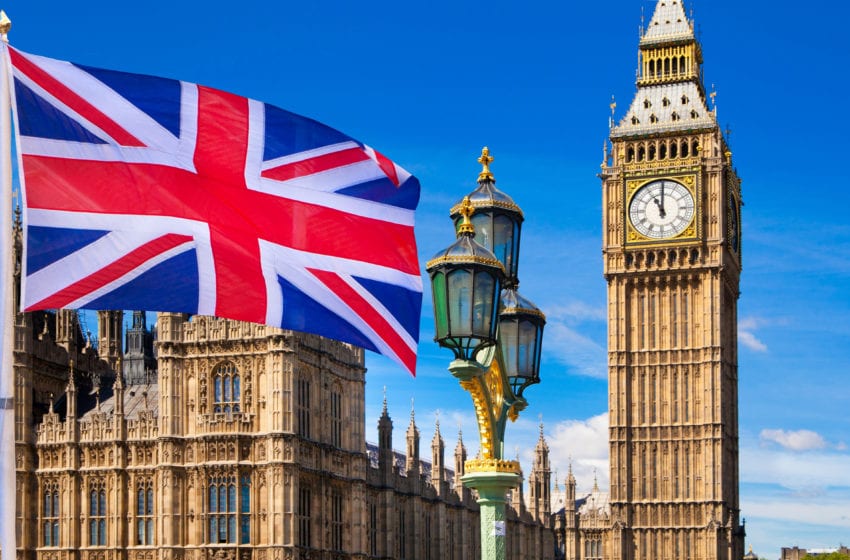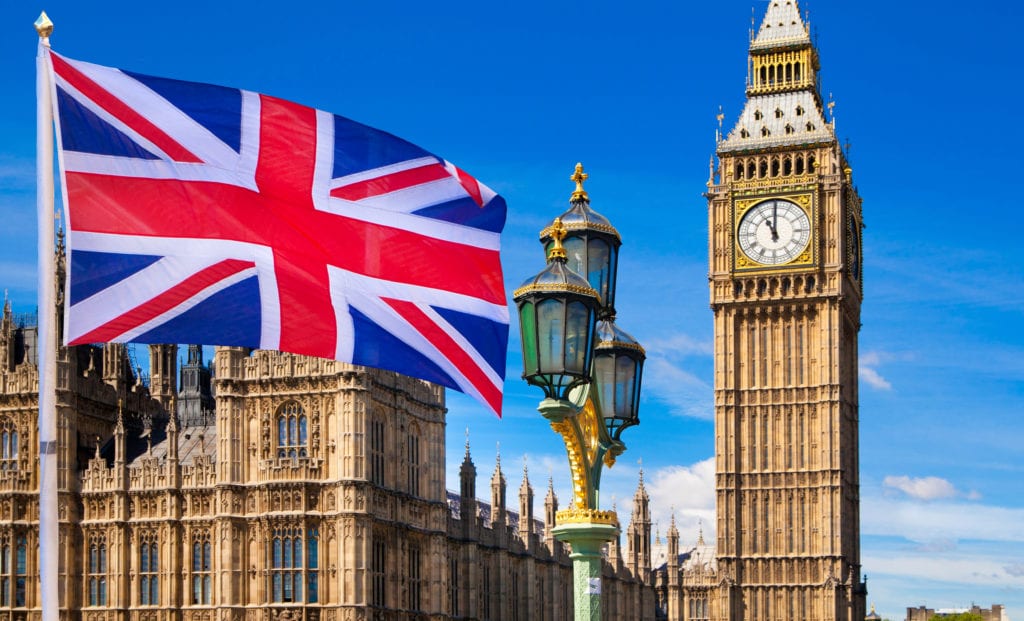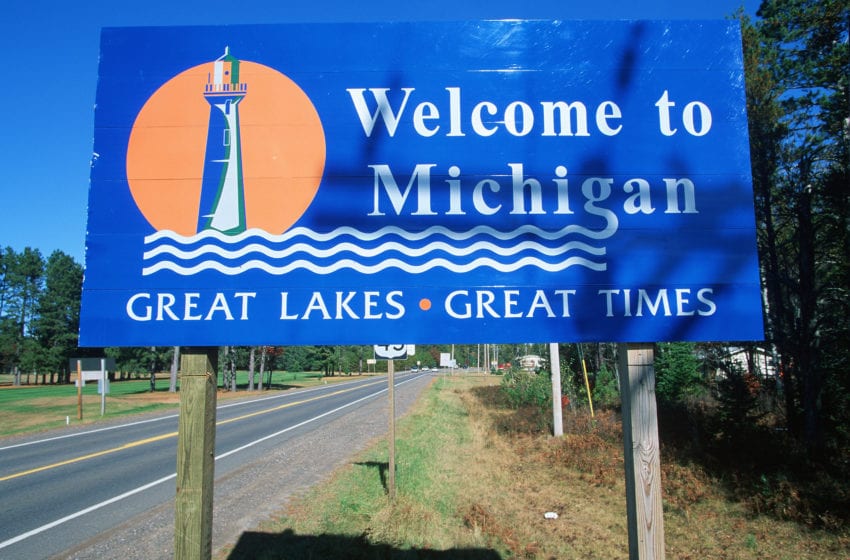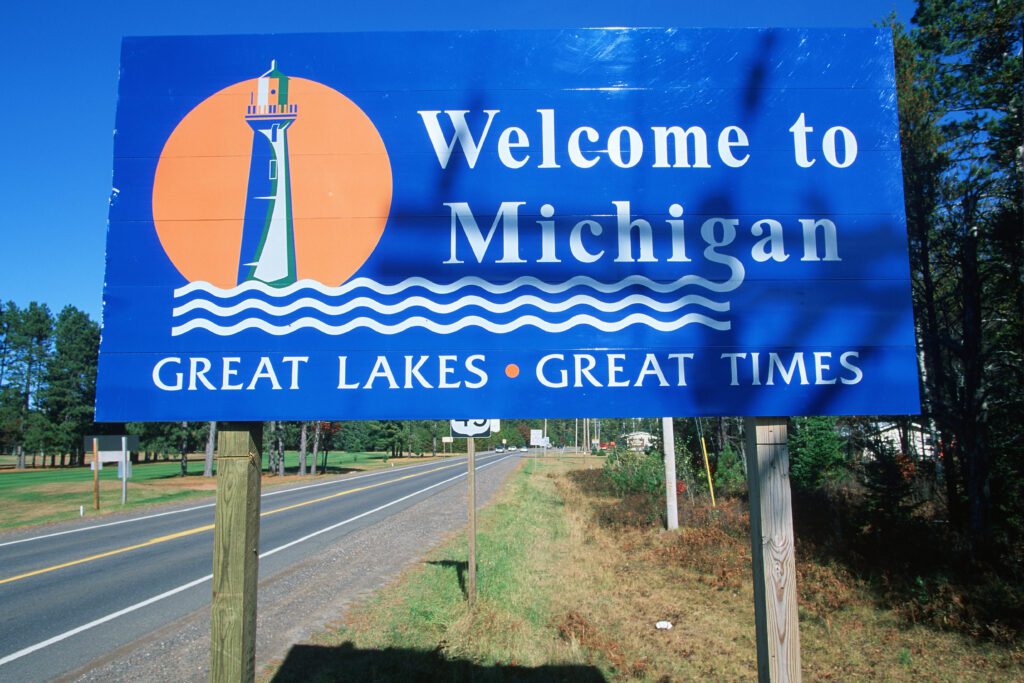
Mexico’s Supreme Court of Justice has ruled that the presidential decree banning the sale of e-cigarettes is unconstitutional.
The court’s Second Chamber ruled by three votes in favor that the decree is contrary to the right to freedom of commerce.
The ruling only permits those retailers who were parties to the case to sell e-cigarettes.
In an en banc decision, the full Supreme Court of Justice of Mexico found the interpretation of Article 16(VI) banning e-cigarettes unconstitutional; however, this ruling does not automatically toss out the ban on e-cigarettes under Art. 16(VI).
Instead, if a retailer wants to sell e-cigarettes, he/she must bring a court case to declare the unconstitutionality of the ban in his/her specific case.
Thus, for now, e-cigarettes remain prohibited.
Alberto Gómez Hernández, policy manager of the World Vapers’ Alliance, said he welcomed the decision of Mexico’s High court, adding that the decree violates the right to freedom of trade of the companies, but also the right to health and the free development of the personality of Mexican adults. “Mexicans should be free to decide how they consume nicotine,” he said in an emailed release.
The declaration of unconstitutionality was carried out in an amparo lawsuit – a type of lawsuit in Mexico through which a company can seek legal protection or permission not to abide by regulation that violates its rights.
The general ban will stay in place since the ruling applies only to that specific case and business, yet it shows that even Mexico’s highest court agrees that a ban on vaping products is unconstitutional.
“Although the ruling does not establish jurisprudence, we hope that the government or the judiciary will reverse the ban soon,” said Gomez. “The ban has failed, it has aggravated the public health problem of smoking in Mexico and has created a huge black market controlled by mafias.
“Mexico needs to abandon the ban and adopt a strategy that includes the use of less harmful nicotine products as a smoking cessation tool. It should follow the example of Sweden, which is about to become the first smoke-free country, and the UK, which promotes the use of vapes to quit smoking.”


